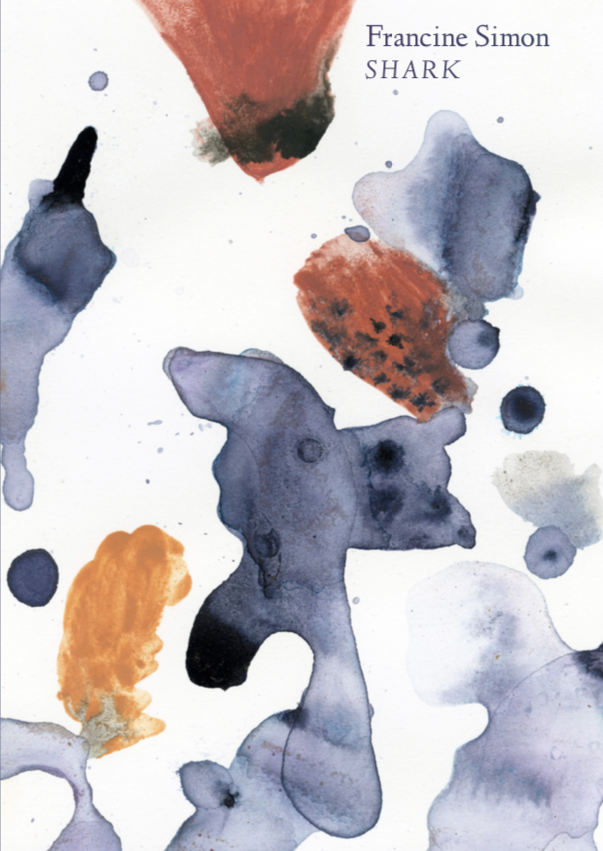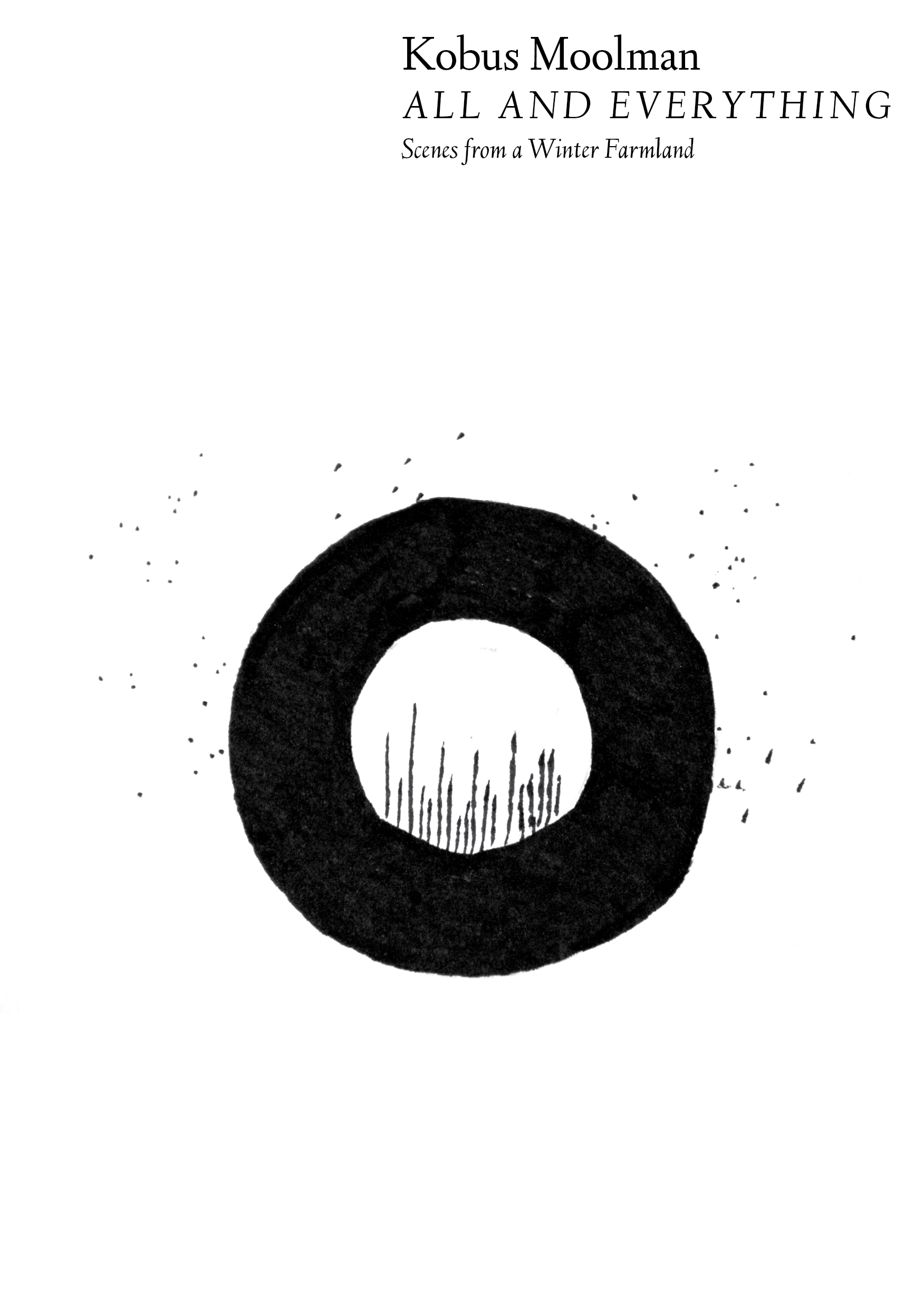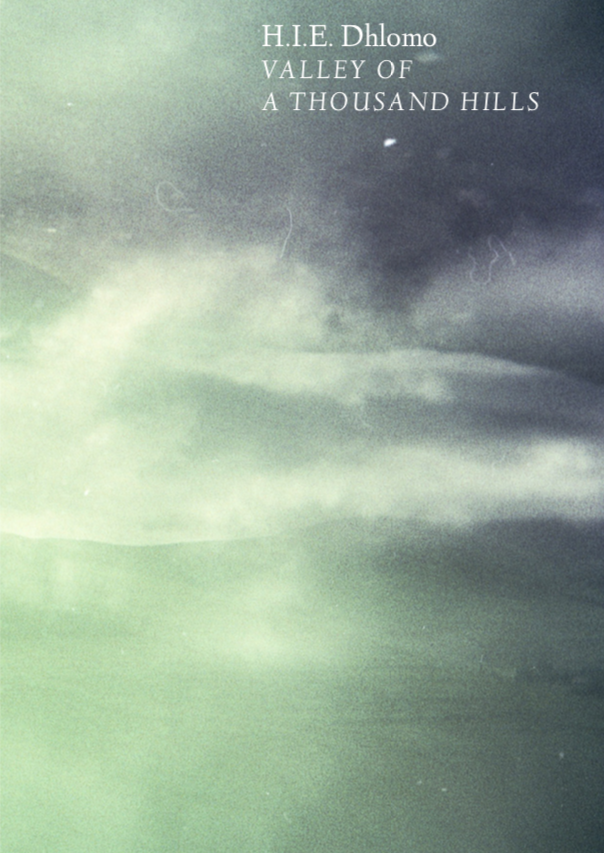As of January 2021, this open submissions period has been cancelled.
We are very sorry about this. Please read this letter from our director for more information, including the reasoning behind this difficult decision.
uHlanga is excited to announce our third open submissions period for original collections of poetry from South African poets, or poets living in South Africa, in February 2021. Our last open submissions period resulted in the publication of a number of books, and we look forward to reading new work!
Please take note of the following important information.
Submissions will be open from 1 February to 28 February 2021. Manuscripts must be predominantly written in English, Zulu, Xhosa, Afrikaans, or a combination of those languages.
There is no prescripted length for manuscripts. Most books published by uHlanga contain 20-40 poems, but there are exceptions. Manuscripts envisioned as chapbooks, for example, may be shorter, while epic poetry may contain very few poems.
uHlanga publishes books that are about something. Be ambitious about what you write about, but also remember: the more coherent, structured and economical your manuscript is, the higher the chance of it being published – so do not simply include every poem you have ever written. Successful manuscripts will be published in the manner and format that uHlanga deems most appropriate for the content.
Please note that anthologies or retrospective collections – i.e. collections composed solely of poems published previously in other single-author collections – will not be accepted. Manuscripts containing poems previously published in magazines, anthologies, journals, or online will be accepted, as long as each previously published poem is acknowledged in the manuscript. Manuscripts that have already been published previously – including self-published books – will not be accepted.
We accept manuscripts from writers of any experience, whether they have published a collection of poetry before or not. It is, however, highly recommended that you read our director’s open letter, penned after the first open submissions period in 2017. It contains insights that will be helpful for your submission.
GUIDELINES
Writers must be either a citizen, national, or permanent resident of South Africa. (Asylum seekers and refugees are also included.)
Submissions will only be accepted through our email address –submissions@uhlangapress.co.za – as either .doc or .pdf attachments, with all text in Times New Roman. Exceptions will be made for books that require special formatting, e.g. concrete poetry, image poetry, and so on.
Include your name and contact information on a cover letter attached alongside the manuscript. Feel free to mention in this cover letter why you think your manuscript will be a good fit for uHlanga.
You must prove ownership of at least one uHlanga book (either by photo/screenshot of a receipt, or a selfie with the book, or by other means) to submit your manuscript. This proof must be attached in your email submission. This condition will be waived if you cannot afford to – or otherwise cannot – buy one of our books. Please be in touch if this is the case.
Successful writers will be offered our standard contract. Please note that this is not a competition: we reserve the right to publish none of the manuscripts received during this submissions period. We also reserve the right to respond to submissions in our own time. uHlanga is run by one person. As such, response times will vary, depending on the availability of readers and other factors. Most submissions are evaluated within six months; some may take up to nine months or a year.There is no reading fee. Agented submissions are discouraged, but not strictly disallowed.Do not submit your manuscript before 1 February 2021 or after 28 February 2021 – it will be discarded without being read. Good luck!








